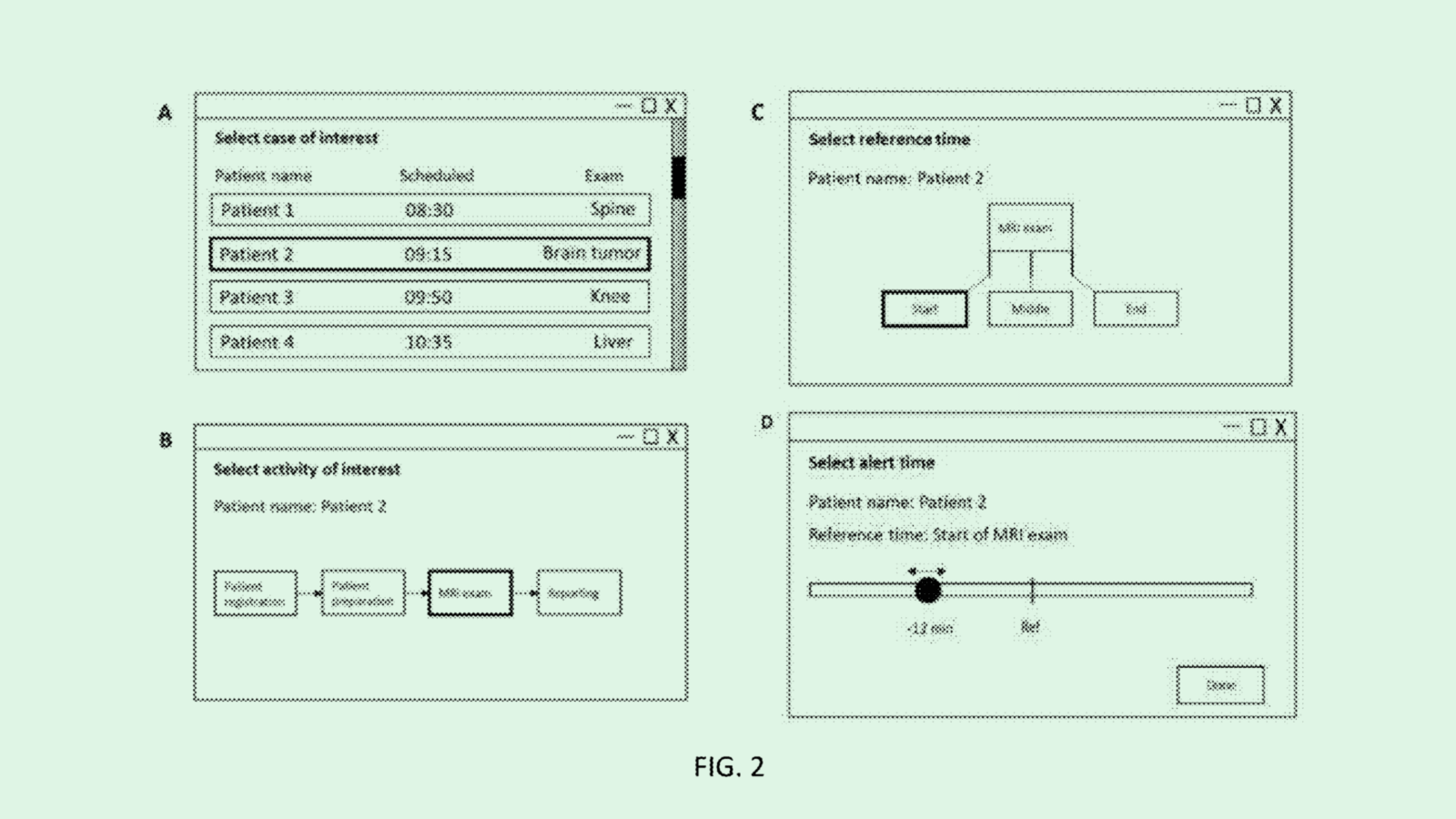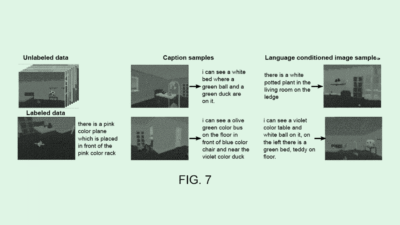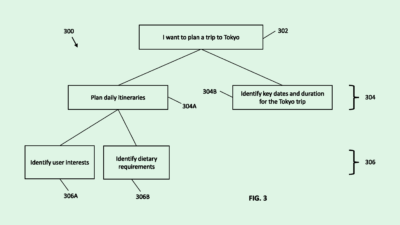
Sign up for smart news, insights, and analysis on the biggest financial stories of the day.
Google’s advertising business has never been healthier.
Soon, the tech talents from Mountain View will apply their prowess to assist consumers in self-diagnosing hundreds of skin conditions ranging from acne to melanoma.
The Story
Google chose dermatology as its first use-case because of the sheer size of the market. Roughly two billion people around the globe suffer from various skin conditions, and 10 billion Google searches are performed each year related to skin, nail, and hair issues.
“Skin diseases as a category are an enormous global burden — people are turning to Google to research their skin concerns. Most cases are curable, but half the world’s population faces a critical shortage of dermatologists,” said Dr. Peggy Bui, product manager at Google Health.
With a first launch planned in Europe this year, here is the game plan for Derm Assist:
- Users will have to sign into their Google accounts, upload images of their medical condition via the Derm Assist website, and answer questions about their symptoms.
- Informed by a machine-learning algorithm trained on more than 16,000 real-world cases, the AI model will analyze the information and generate a list of possible matching conditions.
- The service will be free to all internet users, whether they are Google users or not.
The Fine Print: Google was quick to differentiate its service from actual medical advice. “The tool is not intended to provide a diagnosis . . . rather we hope it gives you access to authoritative information so you can make a more informed decision about your next step.” Encouragingly, the algorithm was designed to be cautious in its decision-making to avoid false negatives.
the takeaway
To address privacy concerns about users’ health data, Google said it would not use uploaded images to target advertising, and would only save images in order to further train the Derm Assist algorithm, if users gave them explicit permission to do so. Smart.











